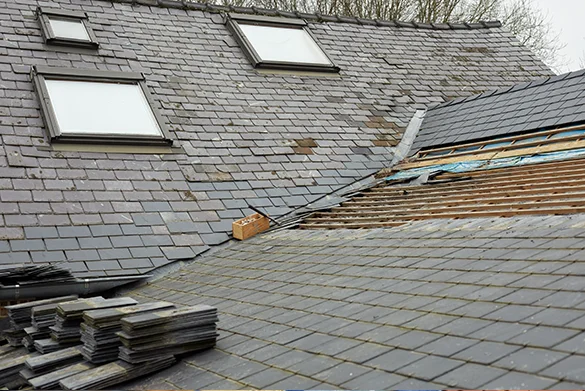Siding Repair Near Me: How to Find the Best Local Siding Contractors
Searching for "siding repair near me" returns dozens of contractors, but finding truly qualified local siding experts requires knowing what separates professionals from amateurs. Quality siding repair protects your home from water damage, improves energy efficiency, and maintains property value—yet poor workmanship creates expensive problems that multiply over time. This comprehensive guide teaches homeowners how to evaluate siding contractors, recognize quality indicators, ask the right questions, and avoid common hiring mistakes that lead to substandard repairs and buyer's remorse.
Why Local Siding Contractors Matter
Local siding contractors offer significant advantages over national chains or distant companies. They understand Northern Virginia's specific climate challenges—freeze-thaw cycles, humidity levels, and storm patterns that affect siding performance. Local contractors know which materials perform best in regional conditions and which installation techniques prevent common local problems.
Established local businesses depend on community reputation. They can't disappear after completing substandard work because their entire customer base lives nearby. Local contractors provide faster response times for warranty issues and emergency repairs. They source materials from regional suppliers, ensuring quick replacement parts availability. Supporting local businesses also strengthens your community's economy while providing accountability that national franchises rarely match. When considering siding replacement or repair, local expertise proves invaluable.
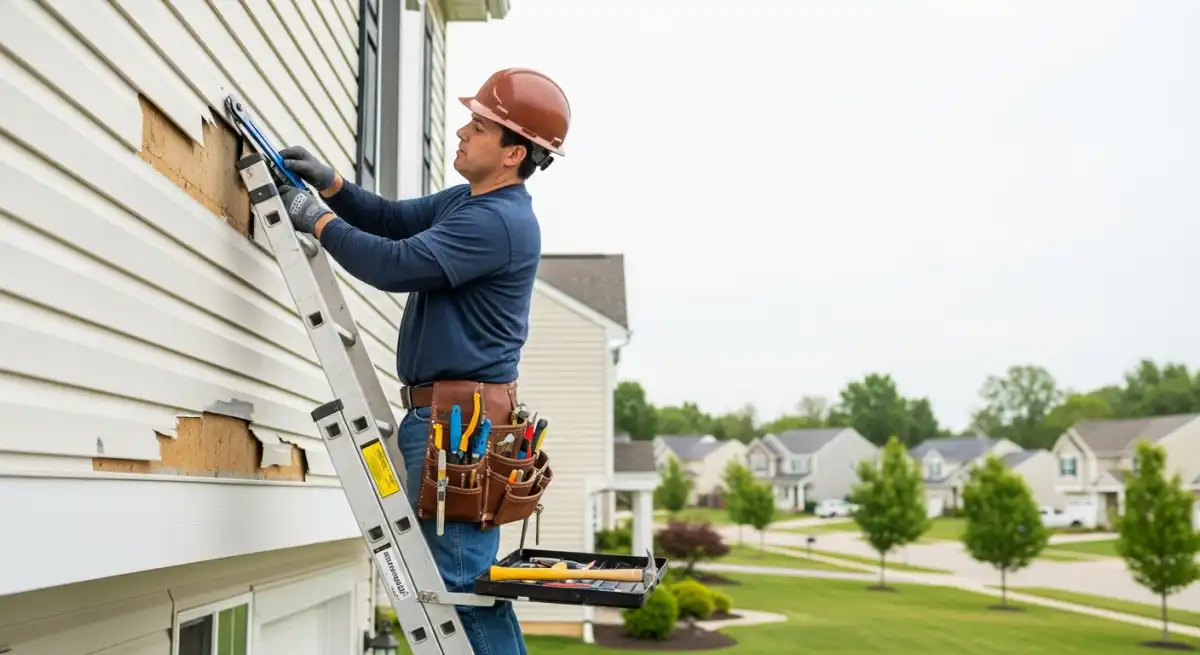
Essential Qualifications to Verify
Before considering any siding contractor, verify essential qualifications that protect you legally and financially. Valid contractor licensing proves they meet state requirements and have passed competency examinations. Virginia requires Class A contractor licenses for jobs exceeding $1,000. Request license numbers and verify current status through Virginia's Department of Professional and Occupational Regulation website.
Comprehensive insurance coverage protects homeowners from liability. General liability insurance covers property damage during work. Workers' compensation protects you if contractors injure themselves on your property. Request certificates of insurance showing current coverage and verify directly with insurance companies—some contractors show expired or fraudulent certificates. Bonding provides additional financial protection if contractors abandon projects or perform defective work requiring correction by others.
Experience with Your Siding Type
Siding materials vary significantly in repair requirements. Vinyl siding contractors need different skills than those working with fiber cement, wood, or metal siding. Verify contractors have specific experience with your siding type. Request photos of completed projects using identical materials. Generic "siding contractor" experience doesn't guarantee competence with your specific material.
Years in business indicate stability and experience. Contractors operating 10+ years have weathered economic cycles and built knowledge bases that new companies lack. However, years alone don't guarantee quality—verify they specialize in siding rather than offering it as one of dozens of services. Specialists typically deliver better results than generalists spreading expertise across too many trades. This principle applies whether seeking professional siding repairs or other exterior work.
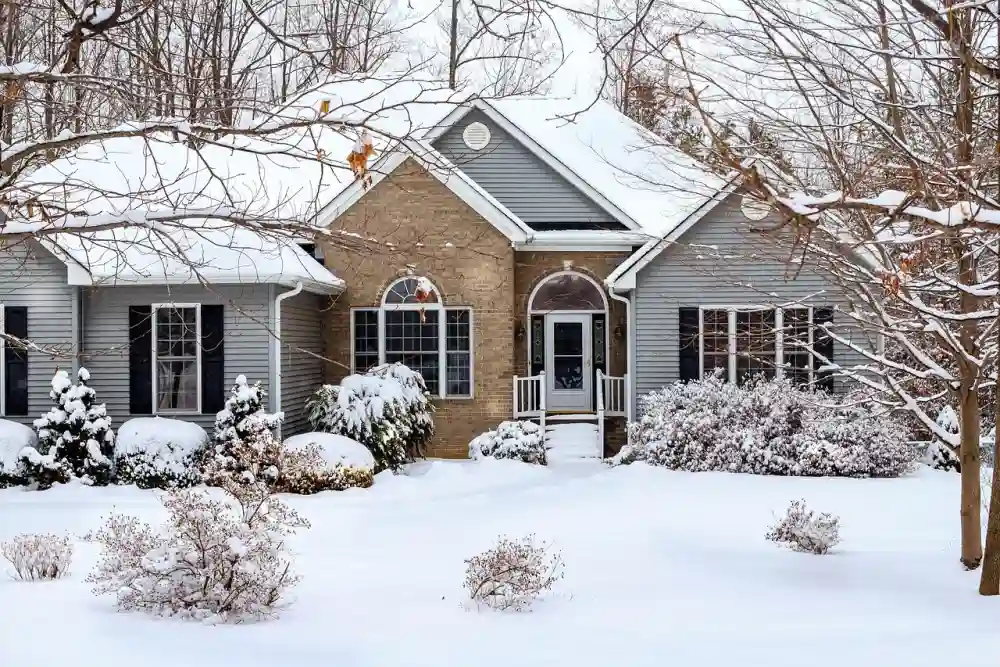
Finding Contractors: Beyond Simple Searches
Google searches for "siding contractors near me" provide starting points but shouldn't be your only research method. Review websites filter out obviously unqualified contractors but beware of fake reviews that plague the industry. Look for detailed reviews describing specific work quality, communication, and problem resolution. Generic five-star reviews lacking details often indicate manipulation.
Personal referrals from neighbors, friends, or family who've had similar siding work provide valuable insights. They can show you completed work and discuss contractor performance honestly. Local building supply companies often recommend contractors they work with regularly. Professional associations like the National Association of Home Builders or Vinyl Siding Institute maintain member directories of contractors meeting specific standards.
Critical Questions to Ask Contractors
Initial contractor conversations reveal professionalism and competence. Ask how long they've been in business and how many siding repair projects they complete annually. Request specific experience with your siding material and color matching challenges. Inquire about their typical crew size and whether they use subcontractors or employ their own teams.
Ask about warranty coverage on both materials and workmanship. Quality contractors offer minimum 2-5 year workmanship warranties beyond manufacturer material warranties. Question their process for addressing warranty issues—responsive contractors provide direct contact information and clear procedures. Discuss timeline expectations and factors that might cause delays. Professional contractors provide realistic schedules accounting for weather and material lead times rather than promising unrealistic completion dates. Similar thorough vetting applies when seeking quality roofing contractors for related work.
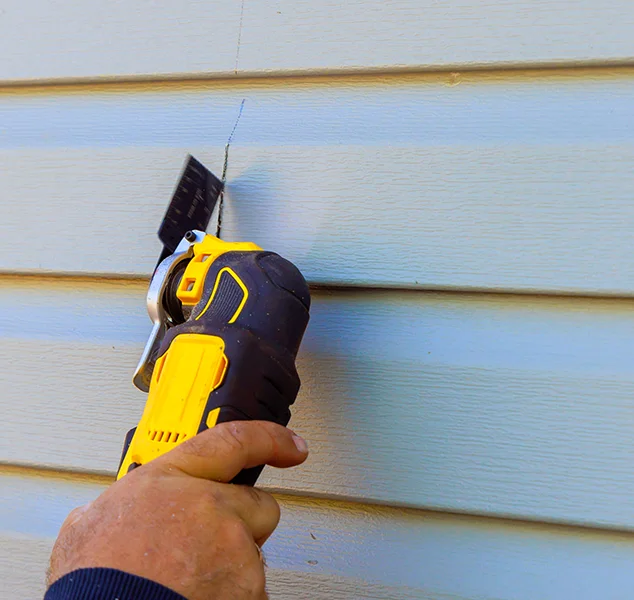
Evaluating Estimates and Proposals
Quality estimates provide detailed breakdowns of materials, labor, and costs. Beware of vague estimates listing only total prices without explaining what's included. Detailed proposals specify siding brand, color, profile, thickness, and quantity. They describe preparation work, flashing details, trim replacement, and finishing. Labor sections explain crew size, estimated timeline, and payment schedules.
Compare at least three estimates to understand fair market pricing. The lowest bid often signals corners being cut through inferior materials, rushed work, or unlicensed labor. The highest bid doesn't guarantee quality—it may reflect overhead inefficiencies. Middle-range estimates from contractors with strong references typically offer the best value. Focus on what's included rather than just bottom-line pricing.
Red Flags That Signal Problems
Certain warning signs indicate contractors to avoid. Requests for large upfront deposits exceeding 10-20% of project cost suggest cash flow problems or scams. Pressure tactics demanding immediate decisions or claiming limited-time discounts indicate unprofessional behavior. Contractors operating from unmarked vehicles without business addresses often lack legitimacy.
Inability or unwillingness to provide references signals problematic work history. Resistance to providing proof of insurance or licensing suggests they lack required credentials. Vague contracts without specific materials, timelines, or payment schedules create disputes later. Cash-only payment requirements help contractors avoid taxes but leave you without documentation or recourse. Trust your instincts—if something feels wrong, it probably is. The same caution applies when evaluating contractors for any exterior work including major siding projects.

Checking References Effectively
Don't skip reference checks even when contractors seem impressive. Request 3-5 recent references for projects similar to yours in scope and materials. Contact references by phone rather than email—conversations reveal more than written responses. Ask about work quality, communication, problem resolution, cleanup, and whether they'd hire the contractor again.
Visit completed job sites if references permit. Examine siding up close for quality indicators like straight lines, tight joints, proper flashing, and consistent color matching. Look for details like corner trim alignment and J-channel installation around windows. Quality work shows attention to details that amateurs overlook. References refusing site visits may hide substandard work.
Understanding Contracts and Agreements
Written contracts protect both homeowners and contractors by documenting expectations and obligations. Comprehensive contracts specify all materials by brand, model, color, and quantity. They detail the scope of work including preparation, installation, trim, flashing, and cleanup. Payment schedules tied to completion milestones protect you from paying for incomplete work.
Review change order procedures explaining how additional work gets priced and approved. Verify warranty terms covering both materials and workmanship. Confirm cleanup and disposal responsibilities—quality contractors remove all debris and leave properties clean. Include timeline estimates with reasonable allowances for weather delays. Never sign contracts with blank sections or missing details that contractors promise to "fill in later." Complete documentation prevents disputes and ensures professional accountability throughout projects.
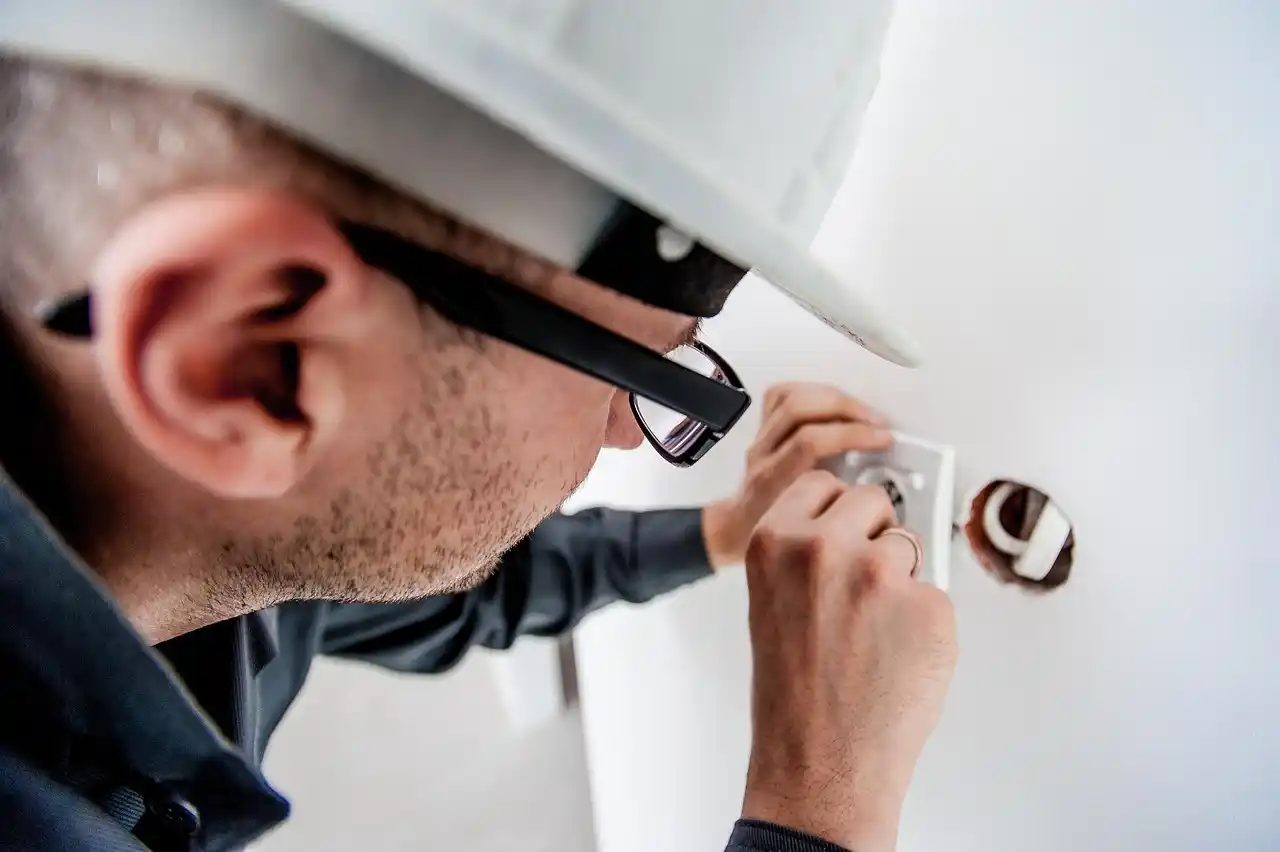
Material Selection and Availability
Contractors should guide material selection based on your home's existing siding and specific repair needs. Color matching poses challenges with older siding that has faded from sun exposure. Experienced contractors understand matching strategies and set realistic expectations. They maintain relationships with suppliers who can source discontinued colors or special-order materials.
Discuss material lead times affecting project schedules. Common siding colors ship quickly while custom orders may require 2-6 weeks. Quality contractors plan ahead, ordering materials before project start dates rather than keeping you waiting. They inspect materials upon delivery, refusing damaged or incorrect shipments rather than installing substandard products. This attention to materials parallels quality standards for professional roof repairs and other exterior work.
Communication and Professionalism
A contractor's communication style during estimates predicts their behavior throughout projects. Responsive contractors return calls within 24 hours and answer questions thoroughly. They explain technical details in understandable terms without condescension. Professional contractors arrive punctually for estimates and come prepared with proper measuring tools and sample materials.
Clear communication continues throughout projects. Quality contractors provide updates on progress, material deliveries, and any issues encountered. They address concerns promptly rather than avoiding difficult conversations. Professional behavior extends to crew conduct—respectful treatment of property, appropriate language, and tidy work sites. These soft skills often distinguish excellent contractors from merely adequate ones, regardless of technical abilities.
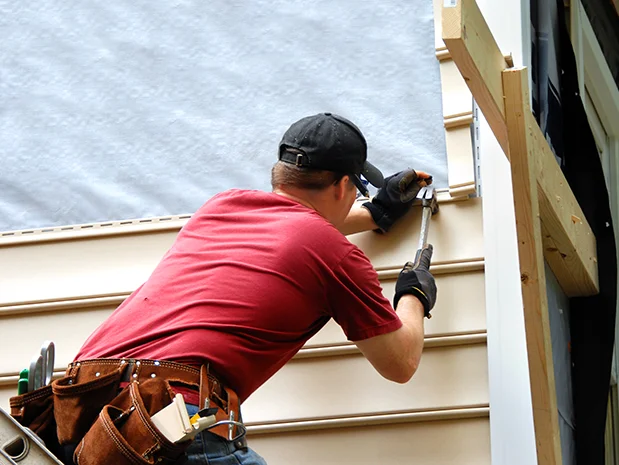
Price Considerations: Value vs. Cost
Siding repair pricing varies based on material type, repair extent, accessibility, and contractor expertise. Vinyl siding repairs typically cost $3-8 per square foot while fiber cement runs $6-12 per square foot. Small repairs cost more per square foot than large projects due to minimum charges and mobilization costs. Complex color matching or hard-to-access areas increase pricing.
Value means receiving quality workmanship, appropriate materials, and reliable warranties at fair market prices. Cheap repairs using inferior materials or rushed installation create problems requiring expensive correction later. Moderate pricing from contractors with proven track records typically delivers the best value. Remember that siding protects your home's structure—investing in quality repairs prevents far more expensive water damage, mold remediation, and structural repairs down the road.
Making Your Final Decision
After researching contractors, checking references, and comparing estimates, trust data over emotions. Choose contractors demonstrating proper licensing, insurance, specific siding experience, and positive verifiable references. Avoid contractors pressuring immediate decisions or offering suspiciously low prices. Select professionals who communicate clearly, provide detailed contracts, and show genuine interest in delivering quality work.
Don't let urgency override careful selection. Rushing decisions often leads to regrets. If you need emergency repairs, get temporary protection first, then take time to properly vet contractors for permanent work. The investment in thorough contractor selection pays dividends through quality repairs that last decades rather than months. For professional siding repair in Northern Virginia with experienced local contractors, contact Reston Roof at (571) 453-6515 for consultations and detailed estimates from a licensed, insured team with proven expertise.
